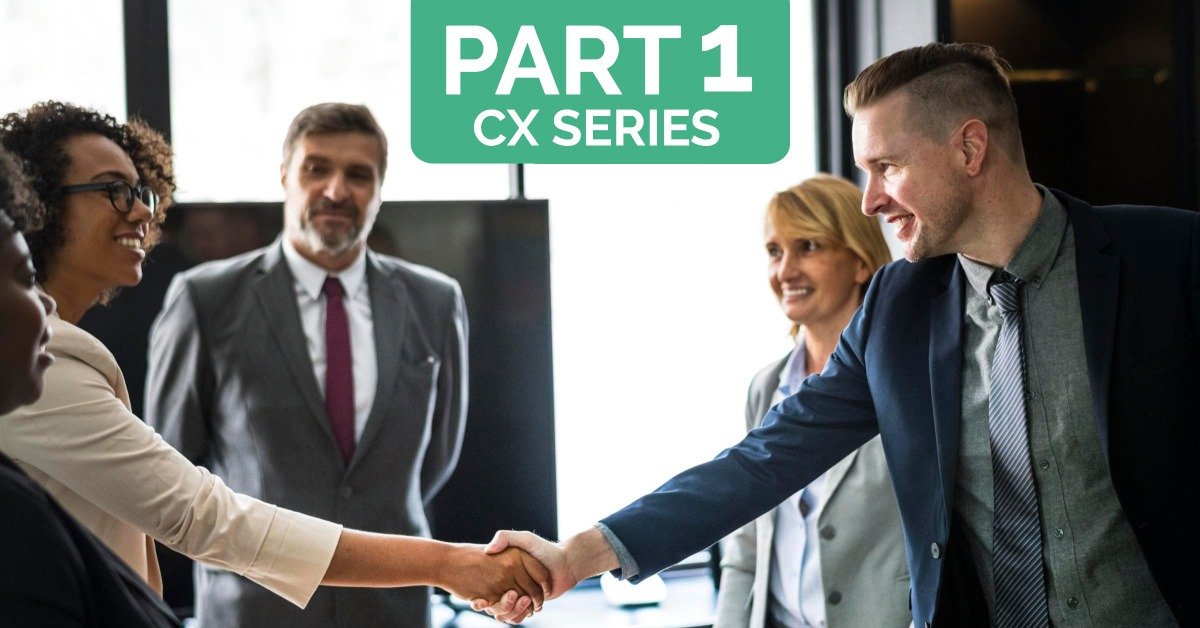The CX Principles that can guarantee a successful program – Part 2
3 Minutes Read
At Evolved Thinking, there are a number of CX Principles we follow to ensure we build successful CX programs. In my last post, I provided a high-level introduction to our approach. Essentially these principles are divided into four important groups – employees and customers, program owners, stakeholders and the leadership group. Over the rest of this year, I will be talking about these principles, bringing them to life with case studies and discussing how to ensure each can be achieved. In this post, I’ll take a closer look at the principles that underlie successful CX programs for employees and customers.
Employees & Customers
- Believe in its values
- Are responded to when in need
- Can easily give feedback
- Are asked relevant questions
- Feel their time is respected
Believe in its values
What exactly we mean by the values of an organisation can be hard to pin down, let alone define. The best and simplest explanation I have heard is simply… the things we value In the context of a successful CX program, customers must be valued. There is nothing more annoying when employees just don’t care about what the customer experience is: ‘hey mate, don’t ask me, I just work here’’. This can happen for various reasons, but mostly I’ve seen it happen either: a) when people lose sight of how their job relates to customer experiences or b) when they don’t feel empowered to make a difference. Part of the successful transformation we supported at Coles involved placing customer metrics on store KPIs for every Store Manager in Australia. As they say, measures drive behaviour. I’m pleased to say as a Coles shopper it really feels like people care when you are in a store. On the other hand, I’ve delivered programs in the past where the CX feedback has been given about as much attention as the wallpaper. Simply, when employees value customers, great things happen.Are responded to when in need
A best practice CX program has a defined red flag process where instances of customer dissatisfaction automatically trigger a resolution process through support channels. For customers, the surprise and delight arising when someone follows up on their feedback is alone a way to enhance the relationship. This is CX at its best and generates clear ROI from the program.As an example, this is our case manager application showing how we identify and track resolution opportunities based on language score scores.
I
n the context of our employee experience solutions, being responded to is a little trickier. Providing feedback anonymously is an important enabler to people feeling safe to express how they feel without fear of consequence. Organisations are implicitly power structures and for people in ‘lower level’ jobs, it is only natural to feel a sense of concern that one’s feedback if critical or negative could put their manager offside. That’s why we have controls in place to suppress feedback in small teams and obfuscate names when used in our feedback process. Nevertheless, providing feedback to your employer only makes sense if you believe they will do something with it – ‘they’ being either your manager, their manager or the organisation at large. We also have ‘danger words’ such as bully, bullying, harassment built into our Focus Words text analytics application. This enables us to spot people at risk and offer a suggestion to contact their HR team for support. We can also surface generic feedback and suggestions and then connect it with all relevant feedback using our Action Connect tool. This closes the loop between managers and team leaders and creates clear accountability.

Can easily give feedback
Ideally, giving feedback should be considered by the customer as a natural progression from buying a product or having a service experience. In my experience, most people are happy to provide feedback if it doesn’t take too long and they think they will be listened to. The feedback request needs to be timely to the service or product experience and delivered through an appropriate channel e.g. voice, SMS or an online survey. A great example of where channel is important is the work we have done getting feedback from people in aged care centres. Most employees in these centres don’t have computers and many are contractors without company email addresses. To make providing feedback easy, we set up a 1800 dial-in number where they could use voice recognition to verbally provide their feedback.Asked relevant questions & feel their time is respected
These two go together. Having one’s time respected means not asking irrelevant questions. The days when we could ask people to rate everything and anything on the presumption that at least one thing will be relevant are long gone. A better way is to allow the customer to define what is important to them and then encourage them to speak about it in depth. This is the essence of what our Evolved Voice Engine, EVE does on surveys. It gives the control back to the respondent whilst simultaneously surfacing more detail on what matters to them individually. This is achieved by simulating a relatively open-ended two-way conversation. For employees, we’ve shown that having a monthly check in for a few minutes is a positive experience for most people. In fact, most employees favour shorter and more regular feedback opportunities than less frequent (e.g. quarterly or annual) feedback surveys that entail completing long and arduous questionnaires that ask laborious and boring questions. In summary survey respondents, whether they be customers or employees, are happy to express their feelings as long as it is easy, relevant, timely and will be heard. What do you think of these principles for employees and customers?Find out more
Check out our customer experience page to learn more.




